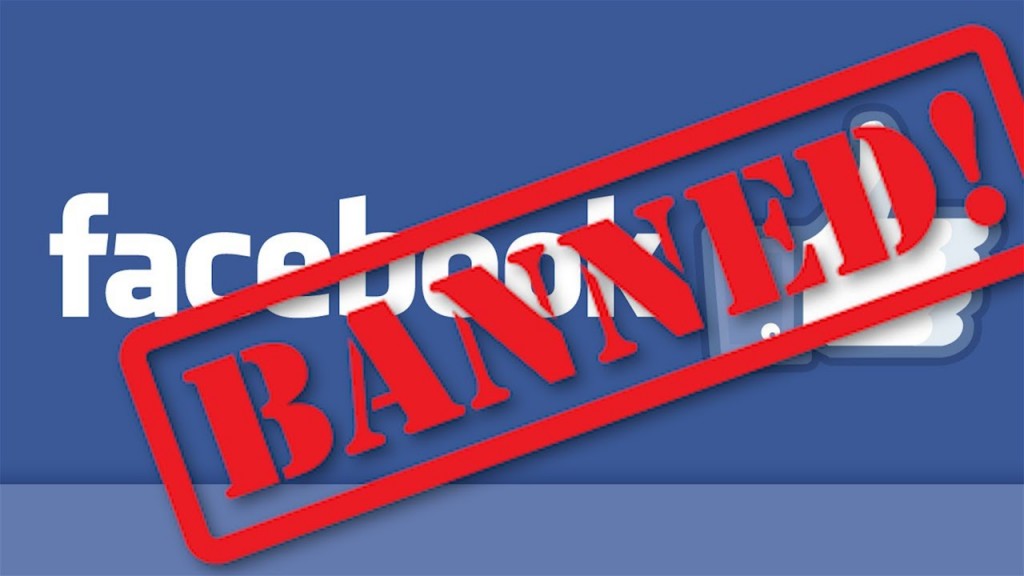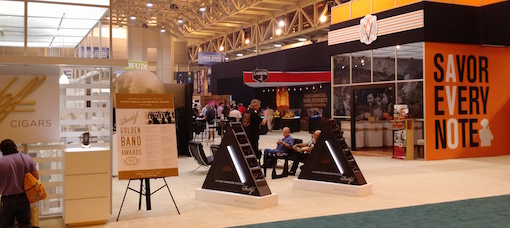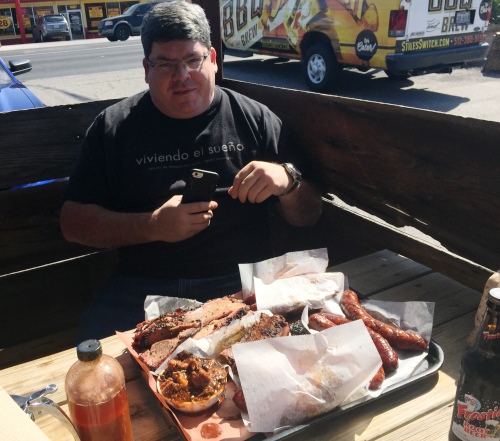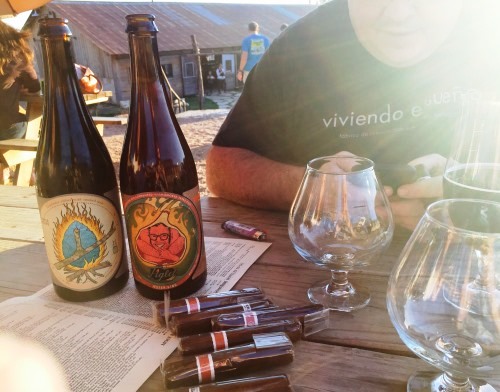News: FDA Cigar Regulations Already Disrupting Handmade Cigar Industry
20 Jul 2016

Food and Drug Administration (FDA) regulations covering the cigar industry don’t take effect until August, but the impact on cigars is already apparent. The regulations, which have already prompted two lawsuits against the agency (a long-planned lawsuit by the CRA, IPCPR, and CAA was filed last week), threaten to stifle the introduction of new cigars, plus the continued sale of any cigar introduced after February 15, 2007.
With the annual IPCPR Trade Show set to start next week, cigar makers are already announcing new cigars at a record pace, with plenty more expected next week. The reason is clear, as cigars introduced after August 8 will have to wait for FDA pre-approval before being marketed or sold in the United States, while those on the market before that date can be sold for two years without needing pre-approval.
Exact details of the pre-approval process are still unknown, which only fuels the urgency of getting new products to market. Most industry sources hope cigars will be approved as “substantially equivalent” to a product on the market prior to the February 2007 date, but even that standard may be difficult and costly to establish.
According to the FDA’s final rule, the agency estimates it will take 300 hours for each Substantial Equivalence (SE) report, which works out to two months of time for one full-time employee. Industry sources believe the cost of each SE report would likely be even greater than the FDA’s estimate, possibly $100,000 or more.
Those estimates are per SE report, and the FDA requires pre-approval for every tobacco product. This would likely include every new cigar size and packaging combination. For example, if a cigar is sold in 10-count and 20-count boxes, each would need a separate approval. Presumably, so would samplers created by the manufacturer, and potentially even samplers created and sold by retailers.
Needless to say, those costs are prohibitive for small cigar brands for whom a large volume vitola may only sell tens of thousands of units in a year. By introducing lines now ahead of the August 8 deadline, those small manufacturers buy themselves 18 months before they have to decide whether to submit them to the FDA for approval.
By then, cigar makers will have a better picture of the costs and requirements of achieving FDA approval, so they can decide if seeking approval makes economic sense, or if they will be forced to withdraw cigars from the market by August 2018 (after which cigars introduced after February 2007 can no longer be sold unless they have begun seeking FDA approval).
Unfortunately, this means many of the new cigars being rushed out before the deadline are living on borrowed time. While the results of the lawsuits could change the FDA regulations, such lawsuits are always difficult to win. In the meantime, while there will be a lot of excitement over the next two weeks as numerous cigars are announced, the devastating effects of FDA regulation on the handmade cigar market are already showing.
–Patrick S
photo credit: Stogie Guys








 Patrick Ashby
Co-Founder & Editor in Chief
Patrick Ashby
Co-Founder & Editor in Chief Patrick Semmens
Co-Founder & Publisher
Patrick Semmens
Co-Founder & Publisher George Edmonson
Tampa Bureau Chief
George Edmonson
Tampa Bureau Chief